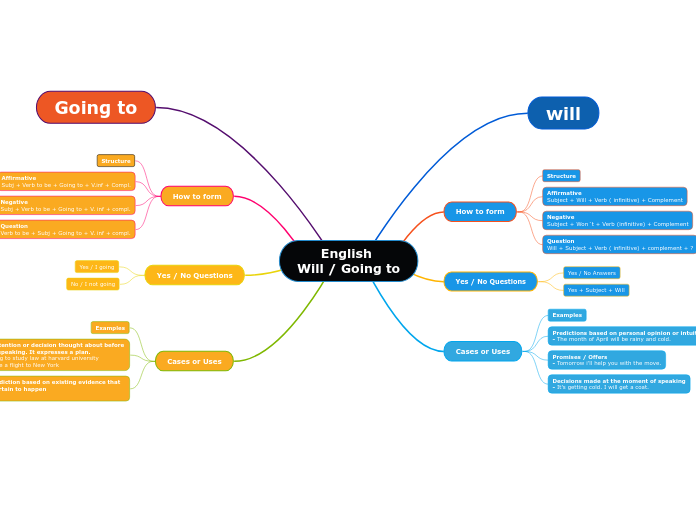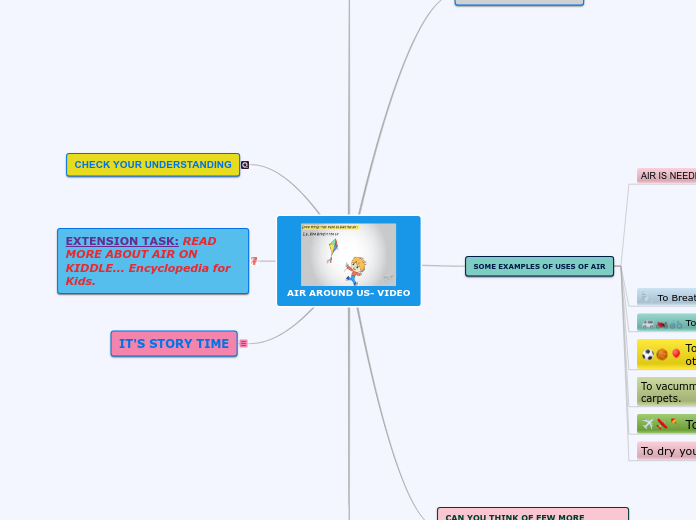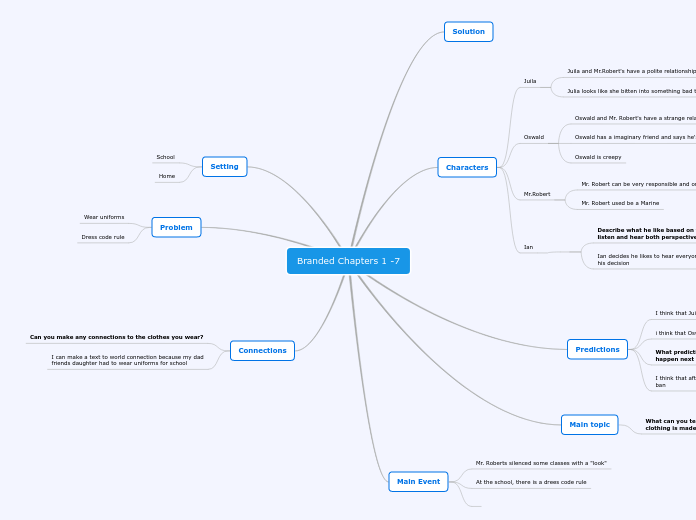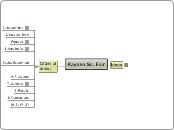par Noha Abdel Bary Il y a 12 années
365
Falsification
The distinction between good science and bad science lies in the adherence to proper scientific methodology. Good science rigorously tests hypotheses through experiments and embraces the possibility of being wrong, while bad science often avoids genuine attempts at falsification and relies on attractive presentations to mask poor methodologies.









